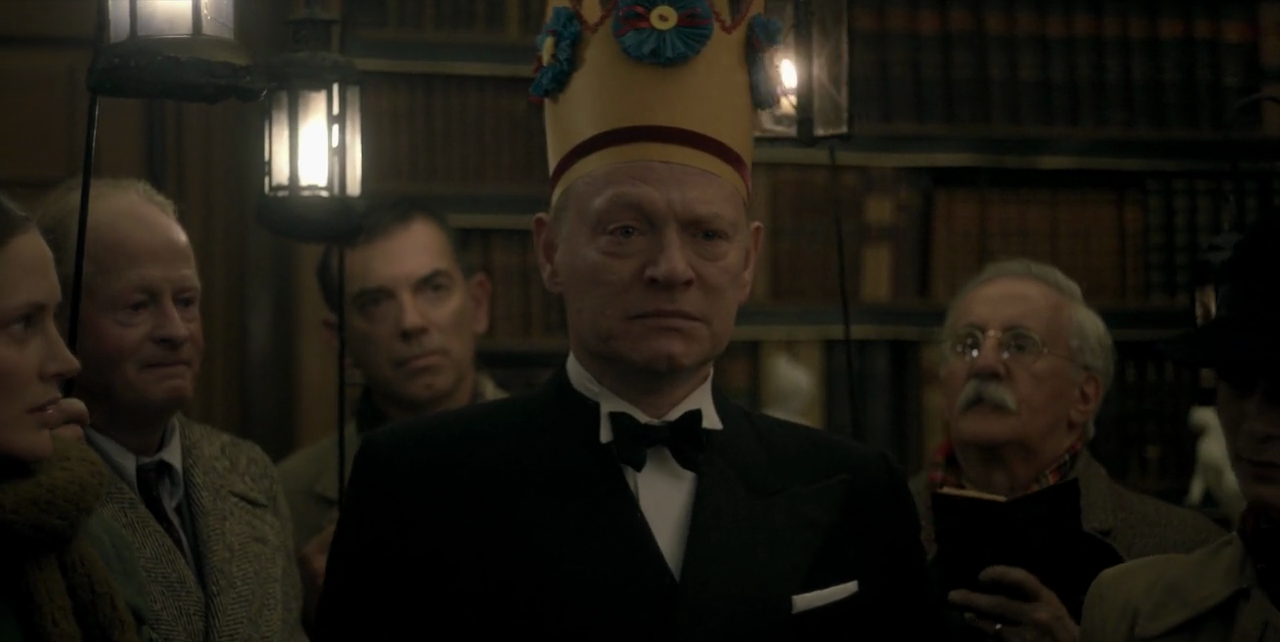
What should prevail: the institution or the individual?
The theme of the hit Netflix show The Crown, created by Peter Morgan, is clear. The story of a girl who suddenly finds herself launched into an extraordinary task – being a queen when she is not prepared for it – is organically written around the theme of “institution” – in this case, monarchy.
The angle taken to explore this issue focuses on a specific question: How much should the individual sacrifice to the institution? How much should someone representing an institution renounce his/her personal attitudes, feelings, and desires (Elizabeth being a normal mother, wife, and sister) – so that the institution may shine?
Yet such thematic exploration is easier said than done. Monarchy is not exactly mainstream – an idea not immediately in tune with contemporary pop culture. Instinctively, it suggests “past” and “formality.” In fact, The Crown devotes great attention to the costs of the institution (the part of yourself you should renounce in order to serve your duty) and emphasizes its tremendous pressures (codes, rules, demanding appearances).
But, what about its value?
I like the way Morgan accomplishes, with a few touching scenes, the task of stressing monarchy’s meaning. Two such scenes are especially helpful.
[spoilers follow]
The first one is in the pilot episode. It is Christmastime. While fighting the illness that will eventually kill him, King George VI, in his country house with all his family, receives the homage of a group of carolers. Completely ignorant of his grief, they intone for him – for their king – a folk song. Listening to them, the man can’t restrain his tears. Having worn a paper crown given him as a present by a little girl, he sings with them, thanking them all.
The bond between the monarch and his people couldn’t be expressed more vividly: a sense that the crown is not primarily about power, but about having a place on earth where tradition protects and feeds your identity, where you are not alone (whether king or subject) because you share a tradition and culture. The reign is like a family.
Another powerful scene comes at the end of episode five. In this case, a former king, the Duke of Windsor, is crying. It is a surprising moment. He is in France, with the woman he loves and for whom he has abdicated. During the episode we have seen him in front of TV, watching the coronation ceremony of Queen Elizabeth and explaining it to a group of rich acquaintances of his. The solemnity of the ceremony moved him: “an ordinary young woman becomes a goddess.” That’s why now, alone, when everything has finished, not understood by his lover, he plays bagpipes. (We learned earlier that the former king, Edward VIII, does this when he feels homesick). And he cries. Because although the man had love, he lost the opportunity of being like a god, lost the sacred bond with his people.
Roots… Belonging… Ambition… Great screenwriters like Peter Morgan certainly know the craft. Most of all, they know how the human heart works.

Be First to Comment